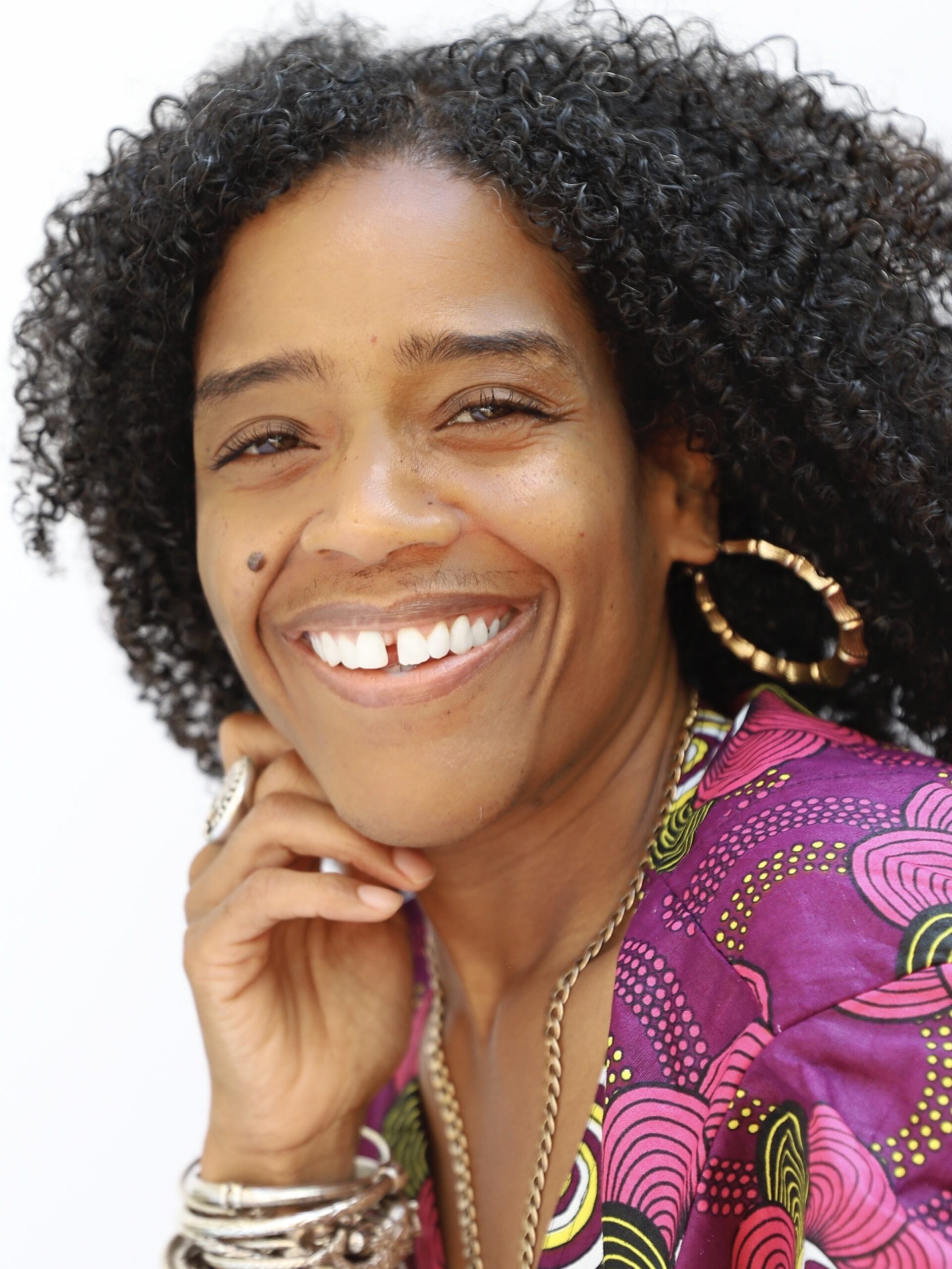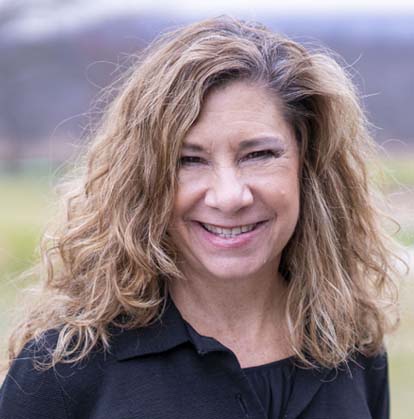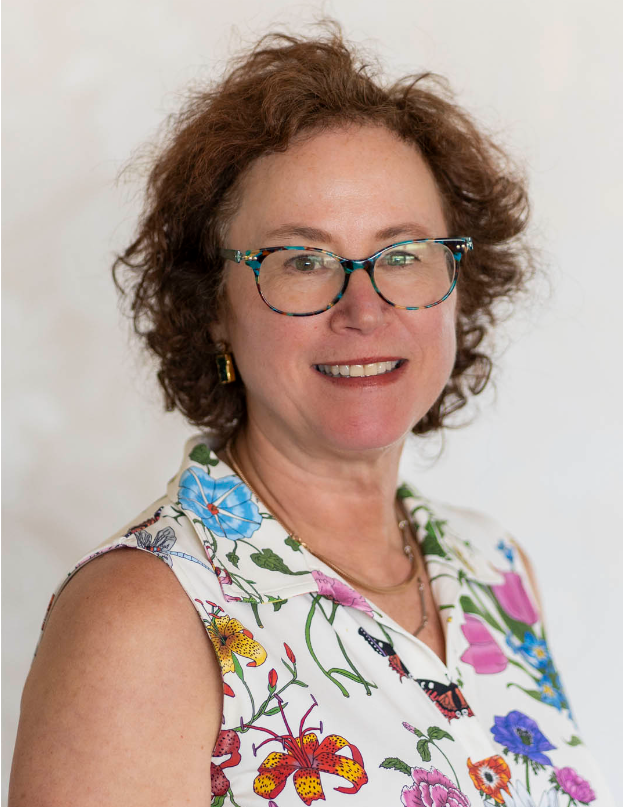Posted on October 24, 2024

Guest: Toshira Maldonado, M.Ed., CPE, CD (CCI)
Certified perinatal educator, full-spectrum doula, and co-founder of Most Beautiful W.O.M.B.

Interviewer: Al-Nisa Murray, CLC, CHC, MPH
Lactation consultant, co-chair of the Maternal Infant Health Group, and member of ACNJ’s New Jersey Parent Leadership Council
Co-Authored by:
Keith Haddad, Staff Writer and Eloisa Hernandez-Ramos, Outreach and Communications Associate
Reflections from a Perinatal Educator and Doula
In a world where motherhood is often celebrated, in America, breastfeeding remains a quietly controversial subject—especially for Black mothers. The legacy of stigma and trauma surrounding Black lactating women in America runs deep, but change is happening. Al-Nisa Murray, from ACNJ’s Parent Leadership Council, had the opportunity to speak with Toshira Maldonado, a certified perinatal educator, full-spectrum doula, and co-founder of Most Beautiful W.O.M.B. (Women Overcoming Major Barriers), an organization that supports women navigating adversity and trauma. Her 25 years of experience have given her unique insights into the challenges and joys of breastfeeding within the Black community.
Maldonado’s wisdom is simple but profound: "Don't give up. Don't get tired. Don't throw your hands up. Stick with it and recognize that you are doing something only you can do for your baby."
Facing Stigma and Reclaiming Tradition
Maldonado discussed the complicated relationship many Black women have with breastfeeding. Though Black women were once central to caregiving and nurturing in American society, those contributions were often devalued or exploited. Historical traumas—including the legacy of enslaved women forced to serve as wet nurses—linger in ways that still discourage breastfeeding today. Some come from generations where breastfeeding wasn’t an option Maldonado explained, and that stigma has been passed down.
But she sees hope. The rise of initiatives like Black Breastfeeding Week, founded in 2012 by Kiddada Green, Kimberly Seals Allers, and Anayah Sangodele-Ayoka, aims to change these narratives. Through community education and celebration, these movements are giving Black mothers the tools and confidence to reclaim their bodies and their power.
Breastfeeding as Self-Care and Empowerment
Maldonado’s work focuses on more than just the mechanics of breastfeeding—it’s about self-care and empowerment. Breastfeeding is as much for the mother as it is for the baby she asserts. Many mothers she works with tend to neglect their own needs, focusing entirely on their children. Maldonado encourages them to see breastfeeding as a way to nourish both themselves and their babies:
“You don't have to worry about running out of formula, formula shortages, or recalls because your body can produce the nutrition your baby needs.”
She also highlights the benefits on the child’s brain development. Knowing that they are giving their babies the best nutrition available provides mothers with a sense of security and pride. It’s a reminder that their bodies are capable, strong, and essential to their child’s development.
The Power of Community and Peer Support
Maldonado believes that true cultural change starts within the community. She endorses the need “for us, by us” spaces where Black mothers can feel safe, supported, and free to share their experiences." In these spaces—whether through peer lactation counseling or informal gatherings—mothers can find solidarity and empowerment.
One of her most effective strategies is what she calls a “feeding clutch”—intimate gatherings where expectant and new mothers learn from both experts and peers. These conversations allow fears and misconceptions to be addressed openly, creating an environment where every mother feels supported.
“We are all matches,” she says, “None of us are a whole matchbook. So you could start an explosion with just one match.” This is the power of peer support: when one mother overcomes the odds and shares her story, she becomes the spark that inspires others just by being the peer supporter who says, “I breastfed my baby.”
Change Starts at Home
Maldonado stresses that changing the narrative around breastfeeding must begin within the family. She explains “If the family is in tune with this, and if both partners are supporting each other, and everyone is on board with this beautiful occurrence” then this shift in mindset within families has a ripple effect, transforming not only communities but entire generations.
She also emphasizes the importance of nutrition, reminding mothers that what they eat continues to benefit their babies even after birth. When moms eat well, their babies thrive—both inside and outside the womb. It’s a reminder that real change starts with one small act, supported by those closest to us.
A Call to Action: Support and Empower Black Mothers
Maldonado’s passion for breastfeeding and maternal health is contagious. But her message isn’t just for doulas, educators, or healthcare professionals—it’s for all of us. Whether you are a parent, a partner, or simply someone who cares about equity in maternal and infant health, there are ways to help:
- Educate yourself on the benefits of breastfeeding and the challenges Black mothers face.
- Create safe spaces for open conversations about breastfeeding within your community.
- Support initiatives like Black Breastfeeding Week and organizations like Most Beautiful W.O.M.B.
- Encourage and uplift the mothers in your life, especially those navigating stigma or trauma.
Together, we can change the way breastfeeding is perceived and practiced in our communities. By celebrating and supporting Black mothers, we are not only helping babies thrive but also reclaiming traditions and restoring autonomy to those who have been denied it for far too long.
As Maldonado puts it, "A mother who faces disparities and has deficits stacked against her but chooses to breastfeed can revolutionize her entire community. It all starts with one match."




